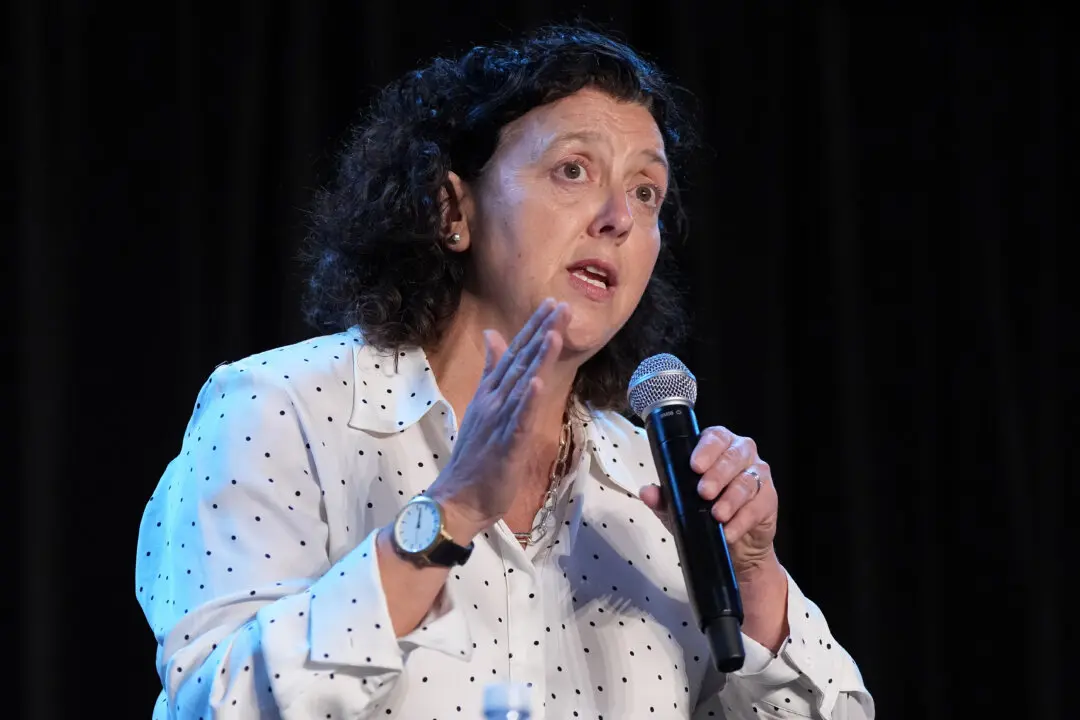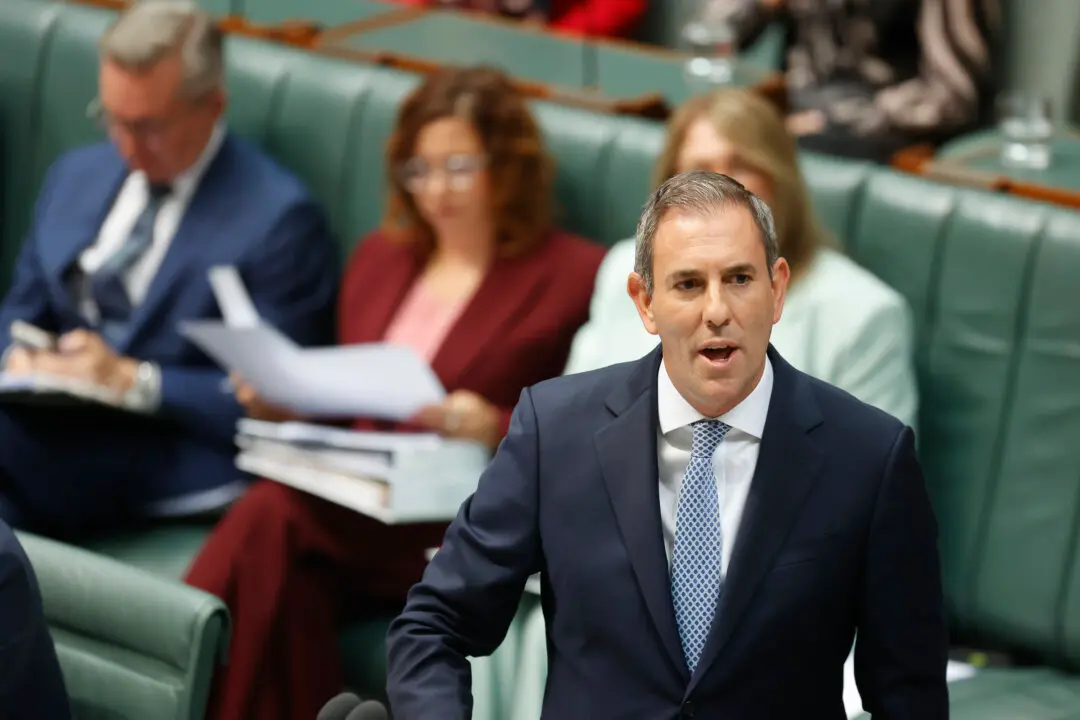Independent Teal MP Dr. Monique Ryan has joined a growing chorus of critics urging the Albanese government to reconsider its plan to double the tax rate on superannuation (retirement) balances above $3 million.
She said the proposal could distort the retirement system, inflate housing prices, and unfairly impact younger Australians.





